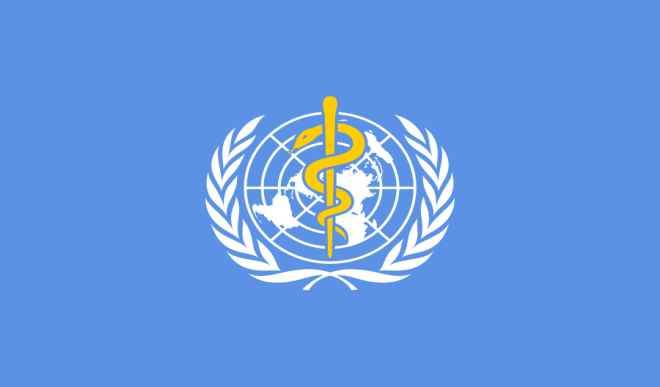Renewable energy for powering PHCs
Since the World Health Organisation (WHO) pioneered the deployment of various types of energy sources over the last four decades for the vaccine cold chain for its expanded programme on immunization, it has become very obvious that solar energy technology would play critical role in providing alternative power source to ensure good quality and safe […]

WHO warns against misuse of antibiotics
Since the World Health Organisation (WHO) pioneered the deployment of various types of energy sources over the last four decades for the vaccine cold chain for its expanded programme on immunization, it has become very obvious that solar energy technology would play critical role in providing alternative power source to ensure good quality and safe vaccine storage in remote health centres. Increasingly, evidence has crystallized that “the introduction of solar power has the ability to significantly improve healthcare delivery to poor and rural communities.
“Regular and reliable provision of electricity to healthcare facilities is important for their effective operation. In many developing countries, over one-half of healthcare facilities have no electricity or lack reliable electricity.”
It is a common knowledge that Nigeria’s power generation, transmission and distribution infrastructures are not commensurate with the energy demands of the population (including reliable electricity for healthcare facilities). The question therefore remains: what is the proportion of health facilities with reliable 24-hour supply of electricity in Nigeria? What is the electricity need of community health facilities? What is the impact of lack of access to reliable electricity on our health outcome in Nigeria (particularly in rural areas)? This is necessary because, most of our Primrary Health Care (PHC) facilities lack access to reliable electricity. Even the lowest health facility at the level of a post or dispensary requires being connected to national grid and or other regular alternative power source. Health facilities depend on access to reliable electricity for functioning at night, operating diagnostic equipments, pumping water, vaccine storage, and managing hazardous waste materials, etc.
According to renewable energy experts, solar systems have several advantages; they provide flexibility to design that can cater to the power load of a health centre, reliability of performance, critical loads such as vaccine refrigerators, and service to remote or hard to reach areas where access related challenges are most acute.
As severally pointed out at many stakeholders’ levels, “accelerating deployment of renewable energy to health centres is a need of the hours”; moreover, “powering health systems through renewable energy such as solar could address energy (sustainable development goal 7) and health (sustainable development goal 3) concerns simultaneously.” The availability of reliable and regular electricity to run 24 hours health services at the primary healthcare centres is critical if the goal of universal health coverage would be reached.
Tunde Salman, is the Convener of Good Governance Team, a Nigerian civil society advocacy and monitoring platform
